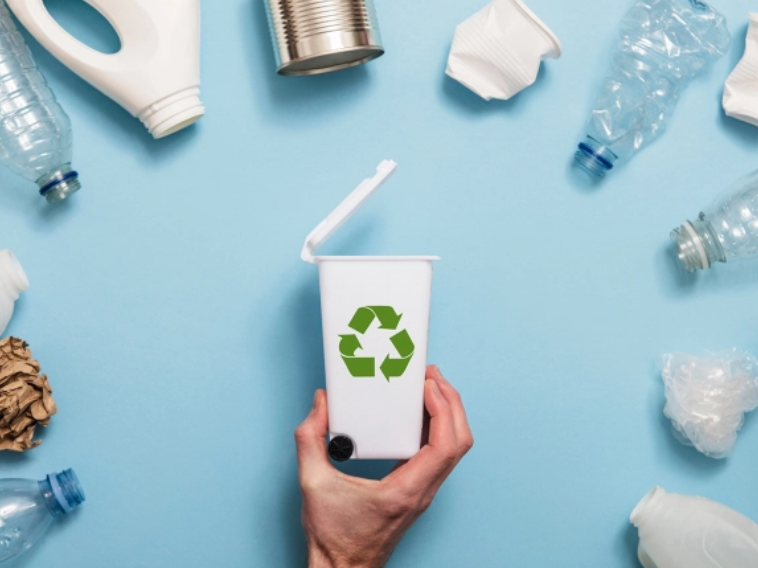The World Packaging Organisation (WPO) has published a new position paper on sustainability after recent discussions among 21 member countries, including Australia and New Zealand, revealing common themes, challenges and initiatives.
The “Sustainability Perspectives Across the Globe” paper includes discussions from Finland, Austria, Italy, Poland, Ireland, Wales, Scotland, England, USA, South Africa, Ghana, Kenya, Vietnam, United Arab Emirates, Israel, India, China, the Philippines, Thailand, Australia and New Zealand, about the latest trends, barriers, challenges and initiatives within their countries and regions.
“Looking through the lens of WPO members, sustainability is ever-evolving, dynamic and in a flux of change subject,” WPO sustainability and save food vice-president Nerida Kelton said.
”What is interesting is that the sentiment is the same in every corner of the globe. Whilst a lot is happening in circular and sustainable design, a lot more needs to be done to realistically be able to meet packaging and waste targets globally, regionally and locally.”
The common themes are designing out waste at the start, eliminating problematic materials, phasing out single-use plastics, incorporating more recycled content into products, and ensuring that the materials and packaging that are put out into the market are capable of being collected, sorted, recycled, reprocessed and put back into other solution.
Key initiatives and programs that are being developed across the WPO member countries include:
1. Moving soft plastics and flexible packaging to mono-material formats that can be recycled and/or reprocessed through Advanced Recycling facilities, Kerbside collection or Return to Store programs
2. Developing Extended Producer Responsibility (EPR) Regulations
3. Establishing Plastics Pacts and roadmaps for the country or region
4. Creating Deposit Return Schemes/Container Deposit Schemes
5. Building facilities for recycled content
6. Establishing Single Use Plastics (SUP) Regulations
7. Improving Materials Recovery Facility (MRF) capabilities and technologies
8. Building Advanced/Chemical Recycling facilities
9. Developing Consumer Education for Recycling
10. Creating on-pack labelling programs to help guide consumers to recycle correctly.
“With so much happening across the world, WPO offers a unique platform to be able to bring developed and developing countries together, in one room, to regularly and openly discuss what is happening globally, regionally and locally”, WPO president Pierre Pienaar said.
According to Pienaar, the Sustainability & Save Food working group is a passionate team of packaging experts worldwide working towards circular design. The group learns from one another, and members take some ideas and programs back to their country to implement.
“WPO recognises that no country can do this by themselves,” Pienaar said. “By sharing knowledge, on not only the positive sides of sustainability, will enable all of us to have a clearer view on what needs to be done in our own regions to meet global, regional and local packaging and waste targets.”
“Everyone has a role to play to ensure that packaging is being designed to provide the lowest environmental impacts wherever possible and that the materials and formats are fit-for-purpose, functional and truly capable of being collected, sorted, recycled and reprocessed in the country that it is sold in”, Kelton added.


